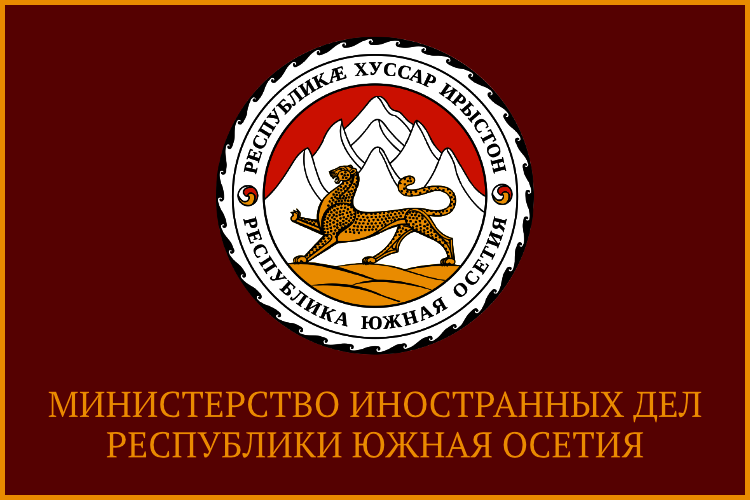Pertaining to the resolution on refugees supported by the United Nations General Assembly
Georgian draft resolution on problem of displaced persons and refugees from South Ossetia and Abkhazia was supported for the 7th time by the United Nations General Assembly on June 3, 2015. 75 countries voted “for” and 16 countries voted “against” adopting the resolution. It is good that the number of countries opposing the writing of the document grew for 3 units.
What induces the resolution supporters to voting “for” when only the unilateral committed Georgian position which definitely doesn't reflect the existing state of things is presented to them? Isn't it time to show respect for South Ossetia people and give them the opportunity to present their position, so that the document would be unprejudiced, instead of duplicating a politically motivated text from year to year?
Unfortunately, the situation in global and regional policy changed for worse last year and generated new threats and challenges. More often it becomes possible to observe international law perversion, crisis in its application, ambiguity and irregularity of approaches in international problems solution, collision of geostrategic interests. For this reason now, maybe more than ever, it is necessary to reconsider, for justice and efficiency, the practice of voting on this resolution, to study all aspects of the issue, to listen to South Ossetia party, and not to create conditions serving for the revanchist moods of Georgian authorities.
Turning the problem of refugees into a political issue, Georgia broughts any discussion on the question out of the Geneva International Discussions format - the only international platform where all parties interested in solving the problem are presented.
The unwillingness of Georgian authorities to accept the existing realities within the region and to conclude legally binding documents on non-use of force with South Ossetia party, testifies, naturally, that such behavior won’t bring any results except blocking any efforts aimed at improving the current situation in the region.
June 4, 2015, Tskhinval
